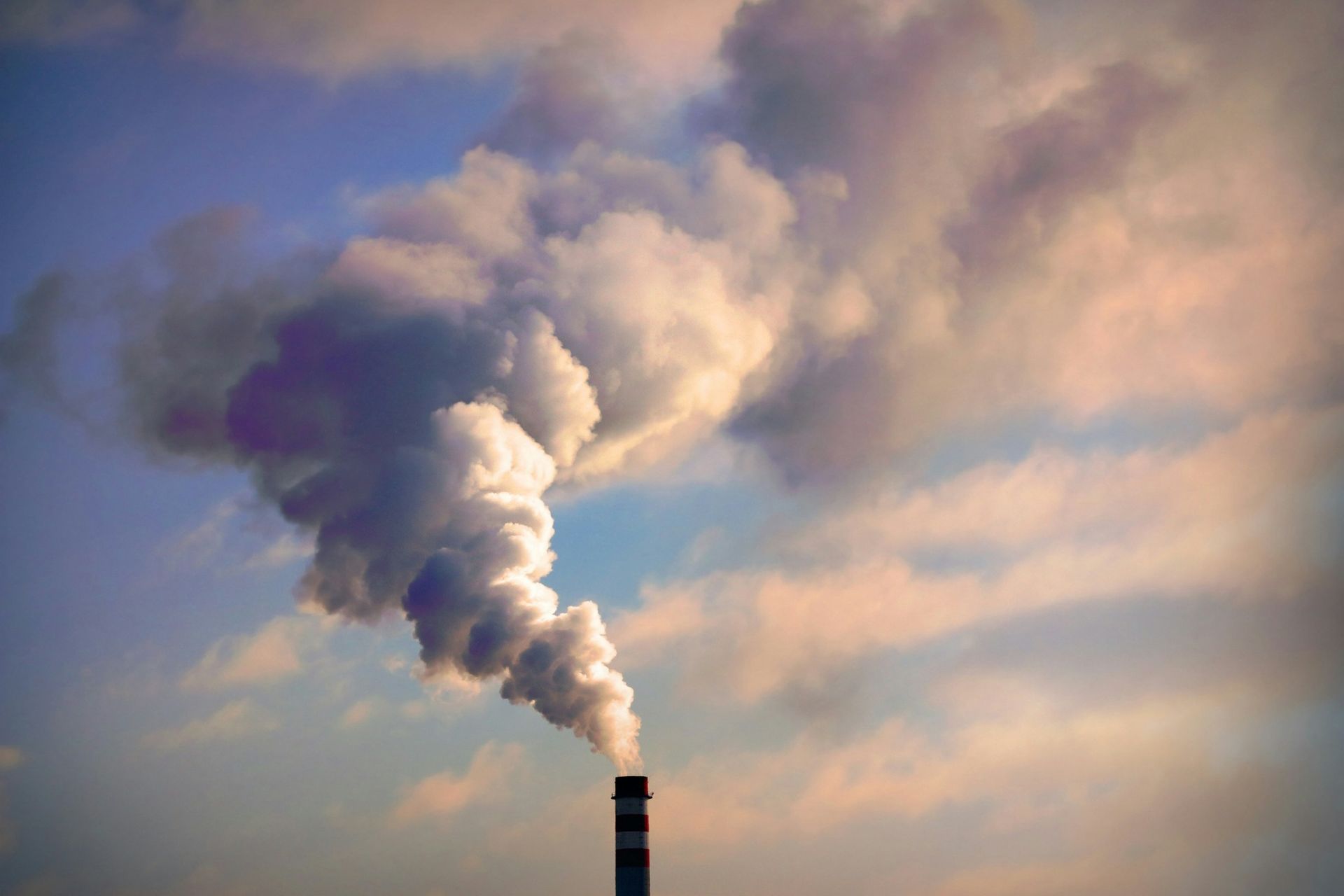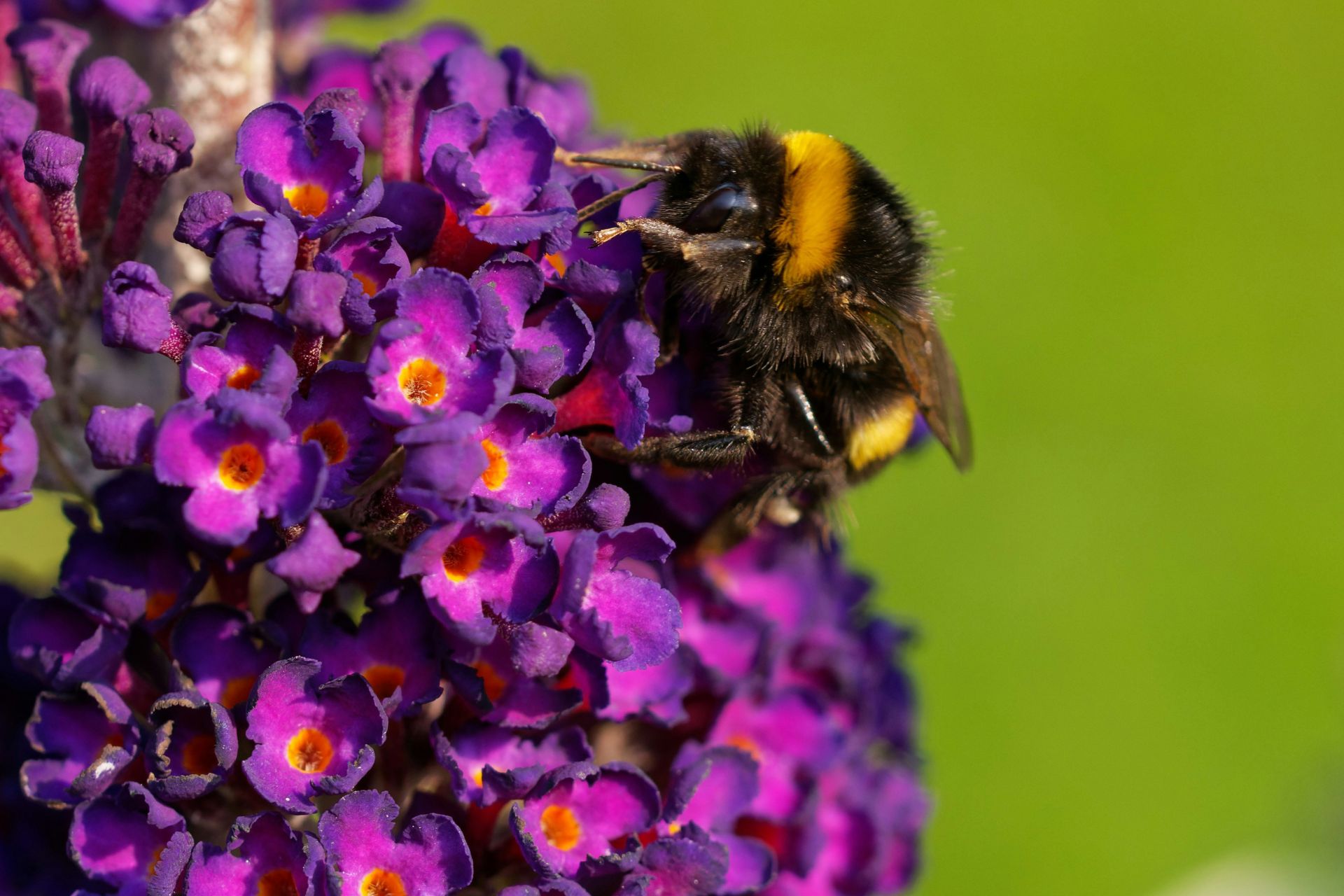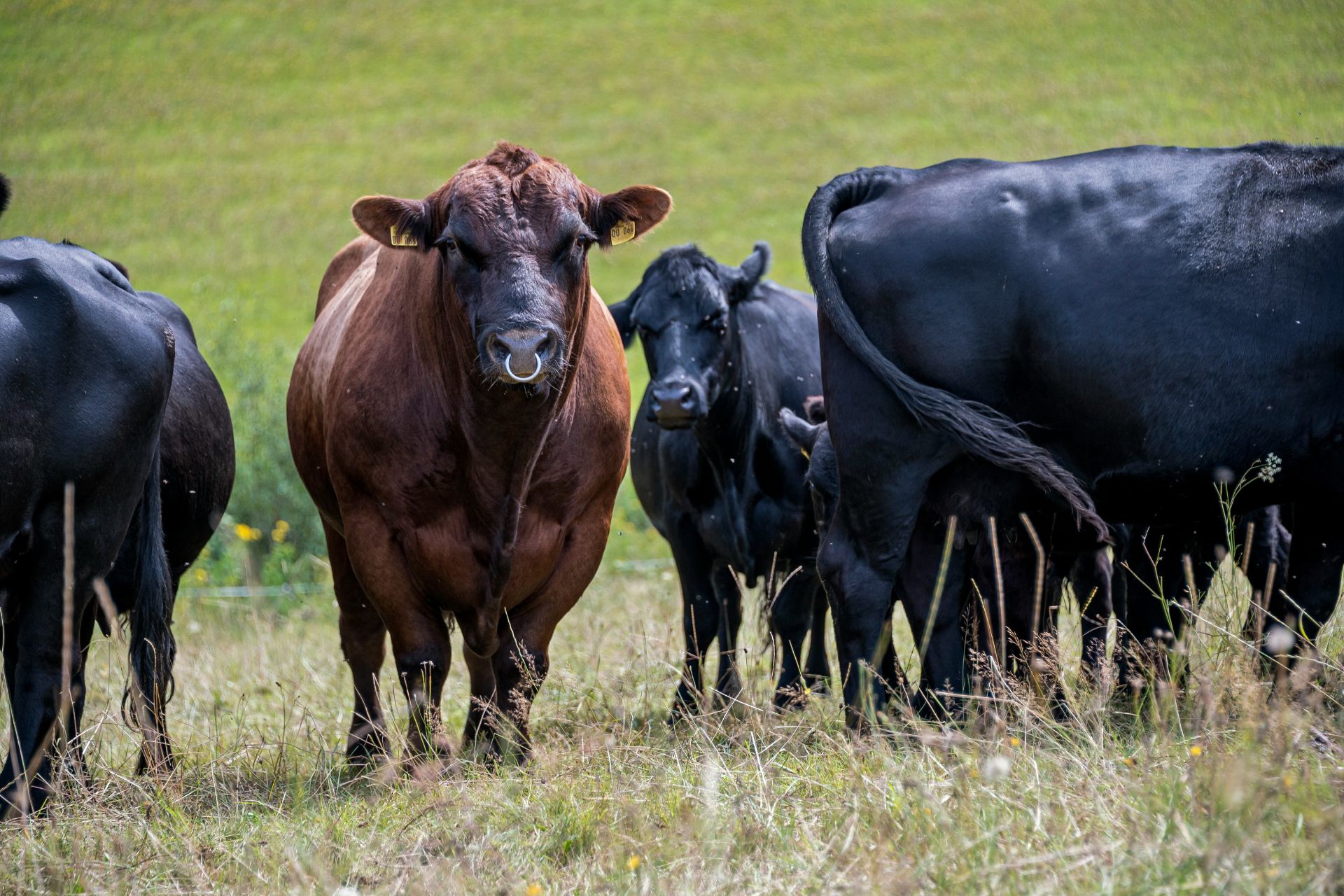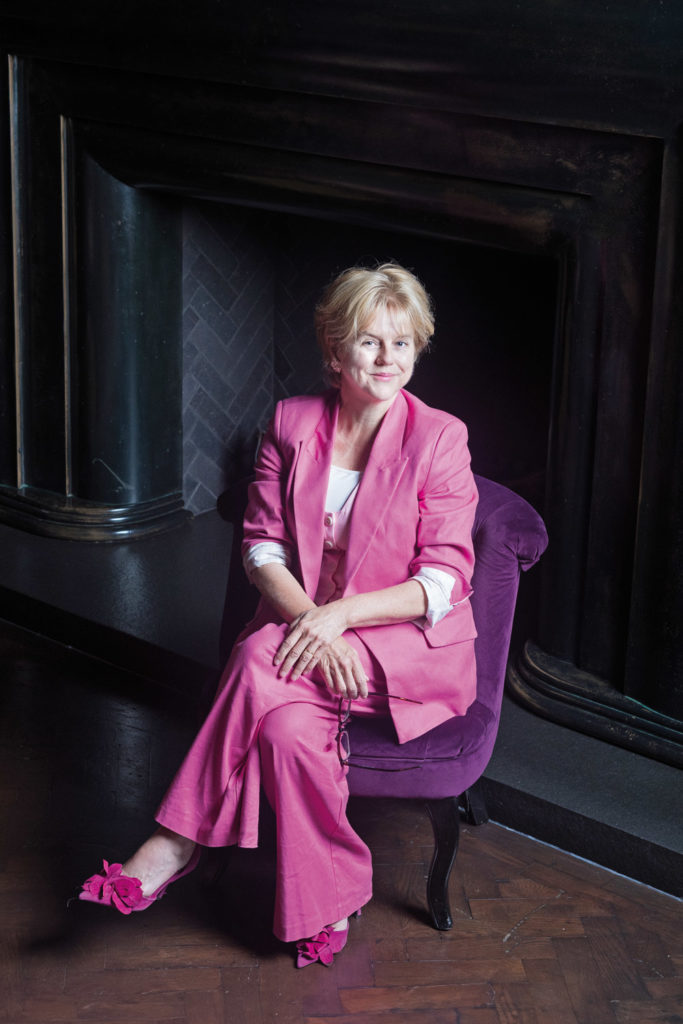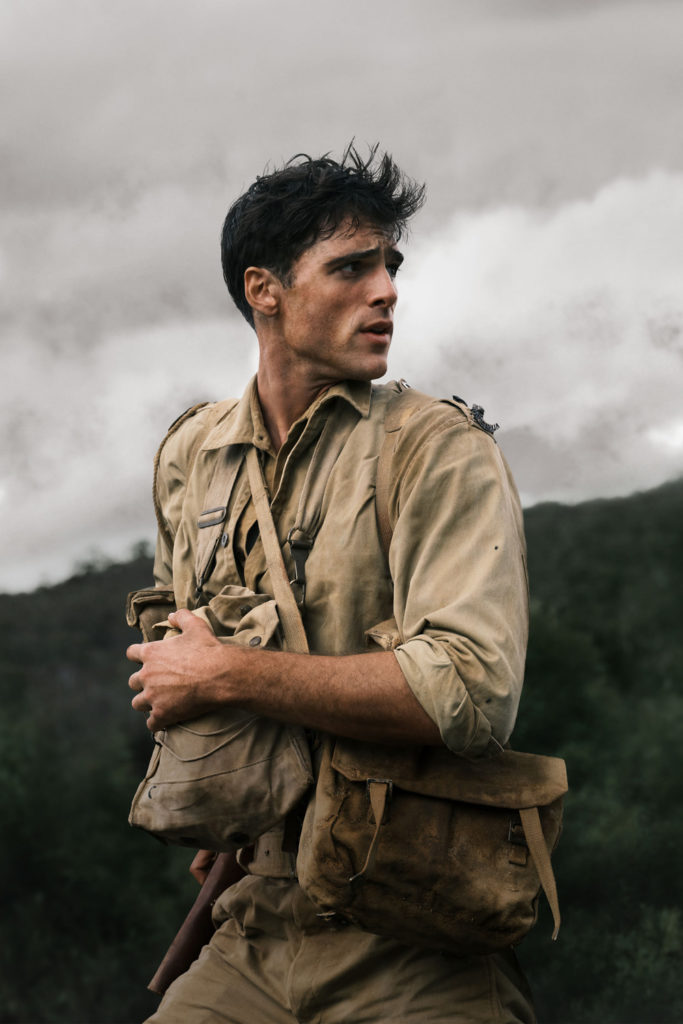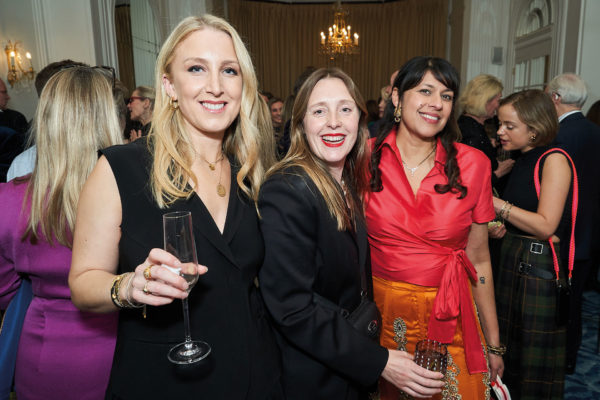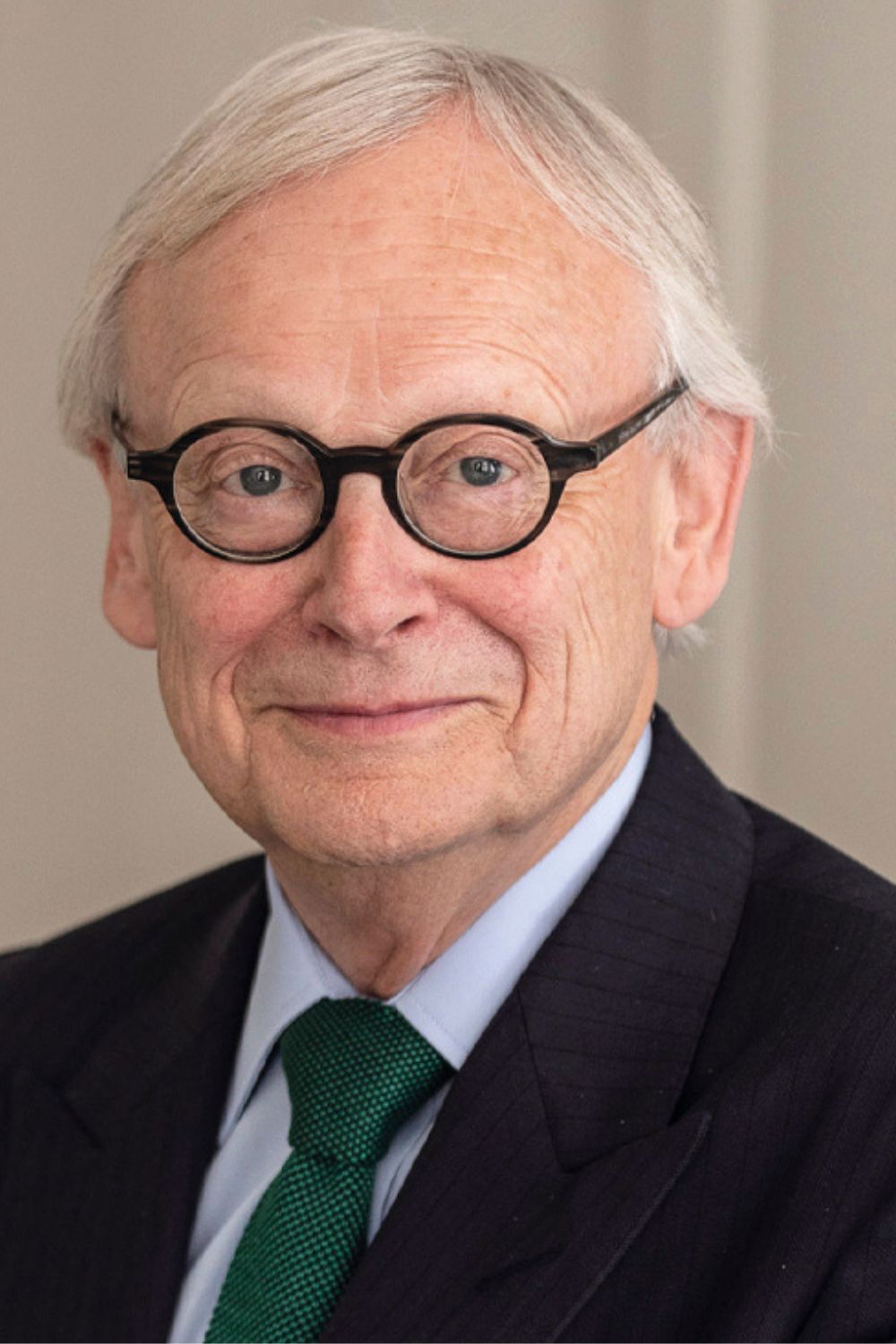
Future Icons 2024: Lord Deben On Stewardship & The Climate Crisis
By
8 months ago
'Everybody, in their own way, is a steward of the earth'
So often we have failed to capture the importance of language around the Climate Crisis, talking about it in a way that is unrelatable. But at Country & Town House’s Future Icons event at the Mandarin Oriental Hyde Park in November, Lord Deben, former chair of the government’s Climate Change Committee, brought the room to tears with his touching tale of the bumblebee who can no longer smell thanks to rising temperatures. Storytelling is how change will happen. That, plus joy and really calling out the enemy. Exxon Mobil, are you listening?
Watch the speech in full or check out the full transcript below.
Future Icons 2024: Lord Deben’s Speech In Full
Well, now, the only problem with being here tonight is that I had a very long list of things I was supposed to talk about. So, I have to start off (because I was told very clearly to) with the question: how did I get to where I am now on climate? And I just want to say that, of course, I was brought up in a family which believed that we were stewards right from the beginning.
I was told that we didn’t create this world. It was given to us, and it was our job to look after it. So, I never, ever had any other way of looking at the world. Then, when I went to university, I read Rachel Carson’s book, The Silent Spring, and I still think it’s one of the great books to read. If you haven’t done it, do it even in its shortened version. It’s easy to read and just says what she needed to say, which was that we were doing things to our soil but we have no idea what it will ultimately result in.
And then, when I went to be the candidate in the Coastal Division of Suffolk, I went around all the villages – 100 or so – to discover exactly what was happening in each one of them. And when I got to the village of Horley, I discovered Lady Eve Balfour, who started the Soil Association there. She was totally mad; she was seen on a tractor with a cigarette in her mouth and she was the most wonderful character in every possible way. She was thought to be entirely off her head, but of course, she was entirely right, because what she said was very simple: it is the soil that matters. It is the soil which really has to be looked after. And revered. And it seemed so sensible to me. So when I became Minister of Agriculture, I started to talk about organic farming.
I remember I had to fill in the form for people to be given honours, and I wanted to get an order for Lady Eve Balfour, who was still alive, but very old and very ill. And I put it down and about 20 minutes later, an entirely irate and angry civil servant appeared and said, you can’t do this. This is all muck and magic. You’ll make us all a laughing stock if you give this woman a CBE.
Well, I said, I’m not going to give it; the Queen’s going to give it. But the fact is, I’m going to recommend it. Then I put it down. About three days later, I thought to myself, I just wonder. I wonder whether it’s actually got to Number Ten. And I happen to know the civil servant responsible for the list. SO I rang him up, and I said, have you got Lady Eve Balfour on the list?
Oh no, he said, we’ve got the rest of this, but she doesn’t appear to be here. I said, well, put her back in, and back in it went. She got the CBE and she was dying, and I got permission for her to be given it by the Lord Lieutenant before she died so she knew. She knew that what she said was beginning to be mainstream. And of course that is what it is now. I tell that story simply because all of us need to be reminded of just how much we really have managed to do.
Of course, I spent all my time saying things like, we’re not doing enough. We’ve got to do that. Why have you not done that? But the truth is, if I go back to when I was first chairman of the Climate Change Committee, I would never have thought then that we would have done as much as we have done now. I couldn’t have imagined Paris and the whole world signing up to do something about climate change.
After all, I’d started with Mrs Thatcher going off to the United Nations to ask the world to do something about climate change. I always remember having to be in touch with her because I used to write speeches for her, and I rang her up. I said, I’ve got a difficulty, Prime Mnister, because I say I’m in charge of sea defences, and I’m told that there’s no reason why we should raise the sea defences.
And there’s one young man who very rightly said, well, actually, if you believe in global warming, then you need to raise the sea defences. So I said, well, I do believe in global warming. I understood it from the science. I’m not a scientist, and therefore I tried very hard to keep up with the science, as one does if one feels ignorant about these things.
And I said, well, I do believe in climate change (or global warming, as we called at the time) and therefore I’d like to do that. And the civil servant who was responsible, said, oh how very brave, Minister, but the Treasury won’t ever let you.
Well, I said I’ll have a go. So I rang the Prime Minister up and told her. She said there are two people in this government who believe in global warming. One is me and the other is you. We are therefore a majority. So go ahead.
So all the time one has been seeking to achieve this end and I just want us to learn four simple things. The first is something which has been shown up the whole of this evening, which is communicating what it is that we care about to other people. So often we talk about these things in language, which doesn’t mean anything. I remember taking the Climate Change Committee around the country in an exercise to listen to Britain, and we got to Manchester and we went to see the retrofitting of a large block of flats. We talked to the people whose flats were being retrofitted, and none of them knew what the word retrofit meant – yet we use it as if everybody knows what it means.
The Bumblebee Is Losing Its Sense Of Smell
So I want to tell you a very simple story about the bumblebee. The bumblebee, of course, is in decline, and we know partly why it’s in decline: it’s in decline because of the loss of habitat and because of the way in which we have sprayed on our fields all sorts of things which should never have been used.
But it’s only about three months ago that Nature magazine reported the findings of some remarkable scientists who showed that there is a third reason: because of the increase in temperature in Britain, the bumblebee has lost two thirds of its sense of smell, so it cannot smell the flowers. So it cannot find the nectar, nor can it actually brush off on its funny little round body, the pollen, which is so important for pollination.
Now I tell this story all the time because it touches everybody. Everybody knows about bumblebees. They all like bumblebees. And to remove its sense of smell is a terrible thing to do to those little insects which live only for one year. And I believe that we have to explain climate change in those sort of terms, so that people can understand just how fundamental this is.
Of course, we have to point to the terrible, terrible floods in Valencia, the dreadful droughts that have deprived people of their livelihoods throughout the world, the wildfires, the fact that we are flooded in places who’ve never had floods before. We know the history of my village going back a thousand years, and this last year was the first year that we’ve ever been flooded.
And of course, the people who were flooded were insured, but they won’t be insured again, and that means the end of their ability to sell the houses, which they’ve got. These simple domestic examples are what we have to use if we are trying to get people to understand what this is all about.
Why Joy Is So Important On This Journey
I was so pleased with the introduction to this dinner tonight: the word joy. Can we please remember that miserable people always lose? In the time of the Puritans Praise-God Barebone wanted to get rid of Christmas and mince pies – and he lost because we wanted Christmas and mince pies. If we tell people that the whole business is about making them colder, unable to travel, more miserable, then they’ll say bugger off. And perfectly rightly, because we are not in that business.
We are building a world which is cleaner, greener, fairer and better for people. This is not a misery fest. But of course, ExxonMobil wants you to think that it is. And they want that because they know that if they can commit to the principle that only by having their products, we will in fact be happy, then we will not give those products up. So joy is at the heart of what we have to say.
Don’t Underestimate Our Enemies
I want us to be much tougher about our enemies. Almost every week, The Daily Telegraph carries an article about why electric cars don’t work. Now, I have an electric car. I admit I am less happy about it now because of Mr. Musk, but it is a Tesla.
I have had my Tesla for two and a half years. It has been in the garage once for its necessary testing. Otherwise, apart from changing the odd tyre, it has been perfectly good. I’ve never had range worry of any sort whatsoever. I have just come back last night from driving from Wales, right in the centre of Wales. Very happily. I just stopped off for a pee and got 140 miles in on a supercharger.
Why on earth should we complain? Those articles are not there by accident; they are there because of a whole lot of advertising people. And, again, Exxon Mobil is very central for that.
You know what Exxon Mobil is doing? It’s building a pipeline. And it’s almost finished. That probably has now finished from Fawley to its refinery to Heathrow. It’s 147 per cent of capacity compared with the one it’s got at the moment. It won’t make any money unless it continues to carry fossil fuels until 2070. And yet they say they’re signed up to Net Zero in 2050. And they are doing that in a country which is signed up to Net Zero in 2050, and which has said that we are not going to have an aircraft industry which works on fossil fuels.
So what are they doing? They are betting that they will win and pretending that they are in line. And why do they do that? Because they know that none of their directors will still be around when the actual count-up takes place in 2050. And the only problem I have with one of the people I respect more than almost anyone else, the chief executive of ClientEarth, is that they haven’t had Lee Raymond, the former chairman of Exxon Mobil, in the courts, to be locked up for the lies that he told. The lies which have meant that we put back the work we did on climate change for 20 years because he managed to make people believe that this was on us. And yet he had all the evidence from his own scientists.
We know this because Exxon Mobil was stupid enough to give all its old papers to the University of Texas. So we’ve seen the evidence. We know we had it. We know he knew. And yet we haven’t yet had him in court for the damage that he’s done to the world. So that I thought I’d take the opportunity.
So the third thing is: don’t underestimate our enemies. And the fourth thing I want to say about everybody here is that we’re all in this together, and we all do whatever it is that we can ourselves. We all have different views about how best to reach this. And I am a believer in organic farming.
All Of Us Have A Part To Play
I have a small organic farm, and that means I have animals, because otherwise I can’t do to the soil what I need to. It needs to be walked on by those sheep and those cows. It needs to be shitted on if I’m going to back what is necessary. I therefore am not a vegan or a vegetarian. I don’t want to eat as much meat, but I want to eat meat properly; I want to eat proper meat and not the sort of stuff which is mass produced in circumstances which are unethical. But that doesn’t mean to say I have to fall out with vegans and vegetarians, as long as they don’t force me to do what they want to do. So I do occasionally ask for the meat alternative, but the matter is, we have to be understanding that this is a worldwide, nationwide campaign where all of us are playing our part in achieving that end.
And to do that, first of all, we have to do it ourselves. I had a rather embarrassing public meeting with a member of the House of Lords, a green member of the House of Lords, and she got up to address the 300 people who came there to see what they could do for the environment. She said, well, it doesn’t matter what we do individually, we have to do it as a society, and we can’t get climate change till we have system change.
So I got up, and I’m afraid I said that, if we wait for system change, we’ll be under water. Let’s just realise we’ve got to make the system that we’ve got work for us. And the second thing is, if we don’t do it ourselves, nobody will follow us. We do have to do it ourselves. We do it. We admit when we don’t get it right. I admit I do like baths and I don’t like showers, but I do try. I think we all have to do it.
Being Happy, Not Worthy
So we all have to do it, and do it because others will not follow us unless we show ourselves to be doing what is right and enjoying it. Being happy. Being joyous. Showing an example, but not in that worthy way which is so terribly dull. We need to show that what we’re doing is because we know that the world that we’re building is a better world, that we are learning the lessons. And I remind you of that remarkable document, Laudato si’, which was written by the Pope, who said that climate change is the symptom of what we’ve done to the world.
What we’ve done to the world is to remove so much of its fecundity that we’ve polluted the seas and the air, that we’ve treated other people in a way which is intolerable because we’ve not treated them as equals. We have done all of those things, and we have to put those right if we’re going to have the kind of world in which we are truly stewards.
So I go back to where I started. The real issue is that everybody, in their own way, is a steward. What you have, you know, you’ve got not entirely by your own effort. You’ve got it through luck or fortune, through all sorts and hard work, but in the end you have to look after it and you have no right to look your grandchildren in the eyes unless you can say: I did everything possible to protect this world so you would have something better than I inherited.

